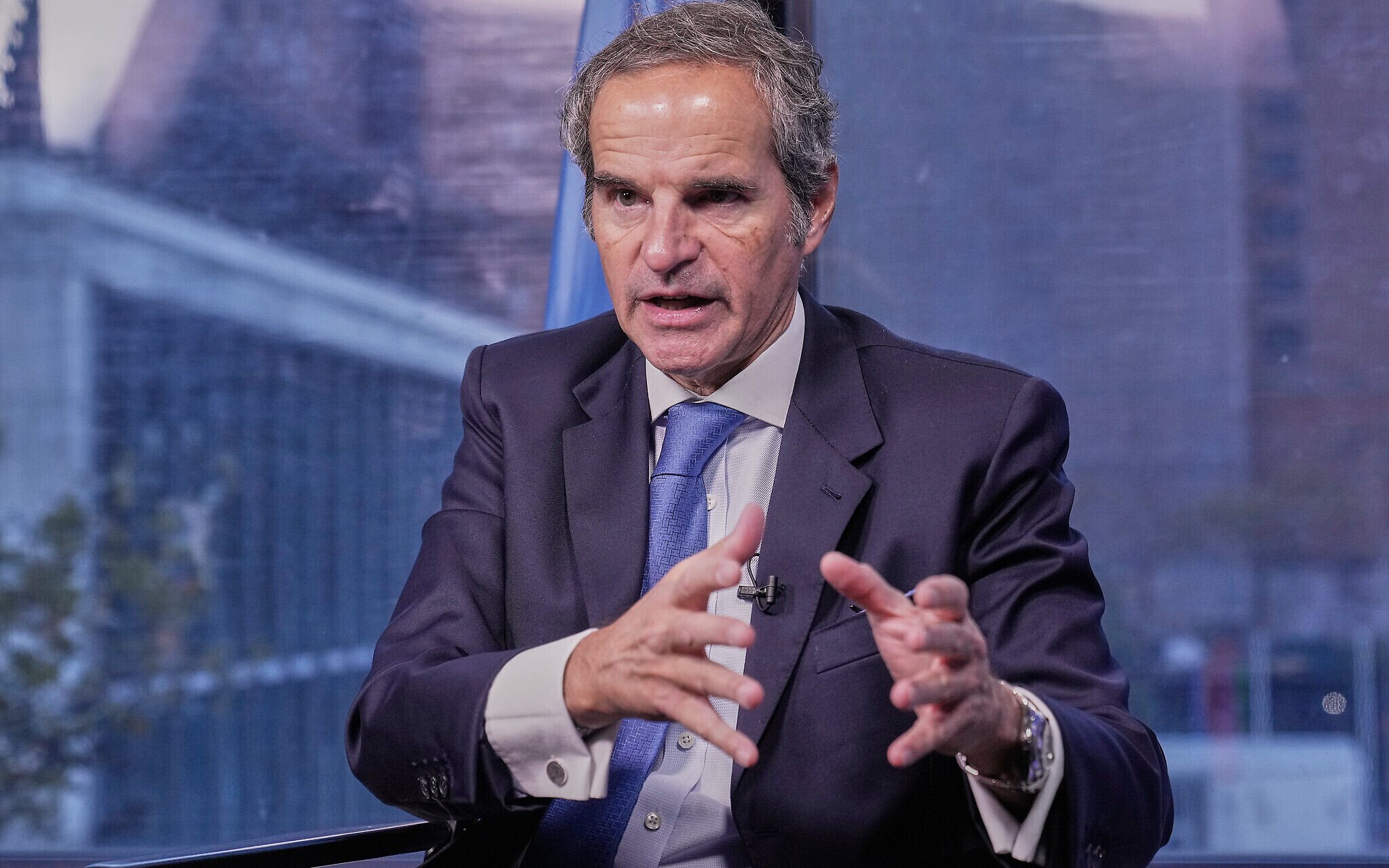The reality dating show 'Love is Blind' has rapidly expanded across the globe, adapting its unique premise to fit the cultural norms of countries such as Japan, Brazil, the United Kingdom, and the Middle East. By prioritizing emotional connections over physical appearance, each international version highlights local traditions and relationship dynamics, offering viewers insight into how love is experienced differently around the world.
While the show has faced criticism and legal challenges regarding contestant treatment and representation, it continues to spark conversations about diversity, race, and the evolving nature of relationships. Participants and fans note that the series not only challenges biases but also gives space for personal choice and autonomy, especially in societies where arranged marriages are common.
Beyond romance, 'Love is Blind' has begun to emphasize the friendships and personal growth that emerge from the experiment, with many cast members forming lasting bonds. As its popularity grows, viewers are calling for even greater inclusivity, hoping future seasons will feature a wider range of identities and relationship styles.
Ultimately, the show's blend of local authenticity and global relatability is reshaping how audiences perceive love, demonstrating that connection can transcend cultural boundaries and expectations.

 image sourced from original article at
image sourced from original article at 


